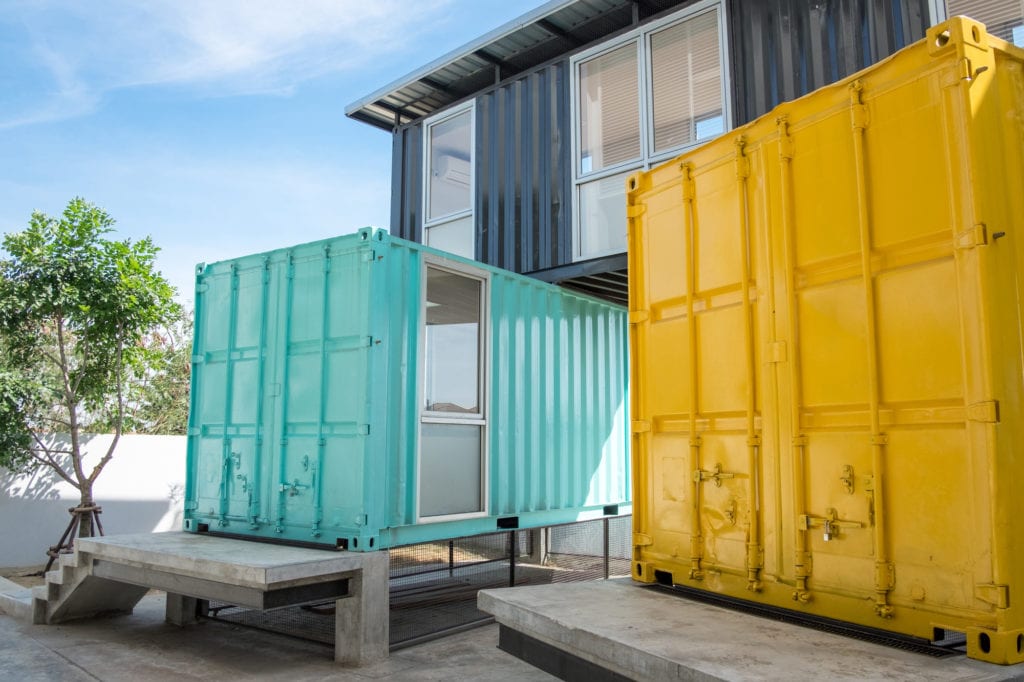Container Versatility: Uniting Trade, Logistics, And Innovation Worldwide

The shipping holder trade has advanced into an energetic and fundamental industry that encourages worldwide exchange, coordination, and inventive structural arrangements. These metal boxes, designed for transporting goods across oceans, have transformed into versatile assets that serve multiple functions beyond their initial purpose.
In today’s international business and commerce, shipping containers are crucial in helping goods travel between different countries. These containers have changed how things move around, making it easier and cheaper. SCF shipping containers are easily transferable between different modes of transportation, such as:
- ships
- trains
- trucks
- streamlining the supply chain
- reducing transit times
How’s transporting industry provide flexible business storage solutions?
The shipping container industry has also created a fortunate market for renting and selling containers. Companies rent containers for short or long periods. These companies assist businesses that require flexible or temporary storage or workspace options. In addition, businesses that have a long-term storehouse or a space that meets their needs may now consider buying containers.
Apart from just being used for transportation, the innovative use of shipping containers in building design and construction has gained worldwide recognition. Designers and builders use containers to make unique structures like temporary shops, cafes, homes, and office buildings. Container architecture showcases the versatility of shipping containers in various urban and rural settings, enabling their adaptation and reuse over time.
Why environmental awareness drives industry changes, promoting sustainable and eco-friendly?
Environmental awareness has also led to new ideas and improvements in the shipping container industry. Reusing old containers can help reduce waste and protect resources. More individuals and organizations are converting old containers into inexpensive and environmentally friendly homes to address housing issues in certain regions. Additionally, this is good for the environment and helps make communities more sustainable.
In addition, small businesses and entrepreneurs can also benefit from the shipping container industry, not just large corporations. Small businesses can join the market by offering services to modify, fix, paint, or customize containers. These services improve containers’ look and work, and they are for all kinds of people with different needs.
However, just like any other industry, the shipping container business also has difficulties that it needs to deal with. Changes in worldwide trade, regulations, and container accessibility can affect the market. Ensuring used containers are of good quality and safe is very important. Also, this is because they need to meet some standards and rules set by the industry to be useful again.
In conclusion, the shipping container industry has evolved from a traditional transporter of items to a multi-faceted business, enabling global trade, innovative architectural solutions, and sustainability initiatives. As international commerce expands and demand for flexible spaces increases, the industry remains a significant player in various sectors of the economy.






